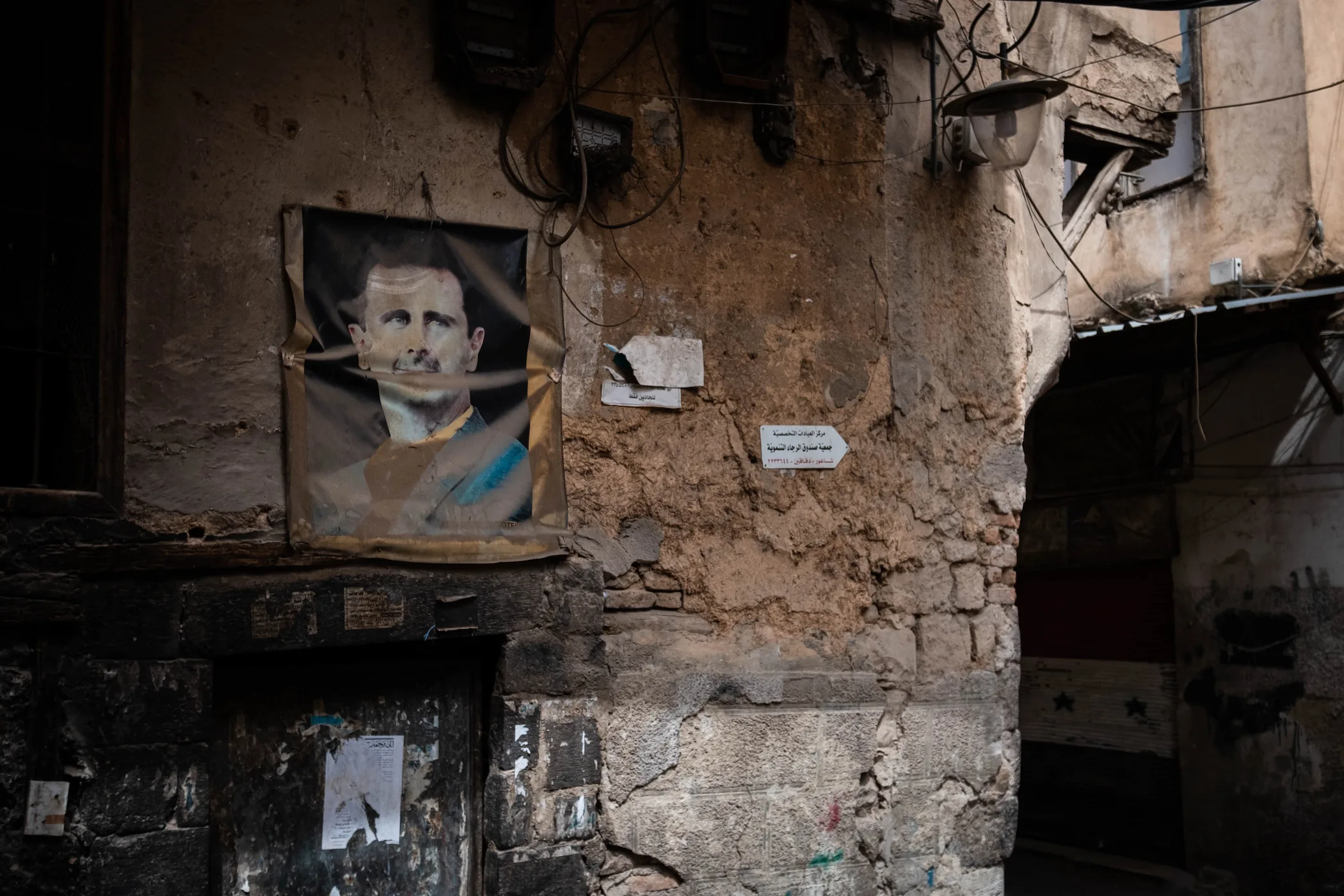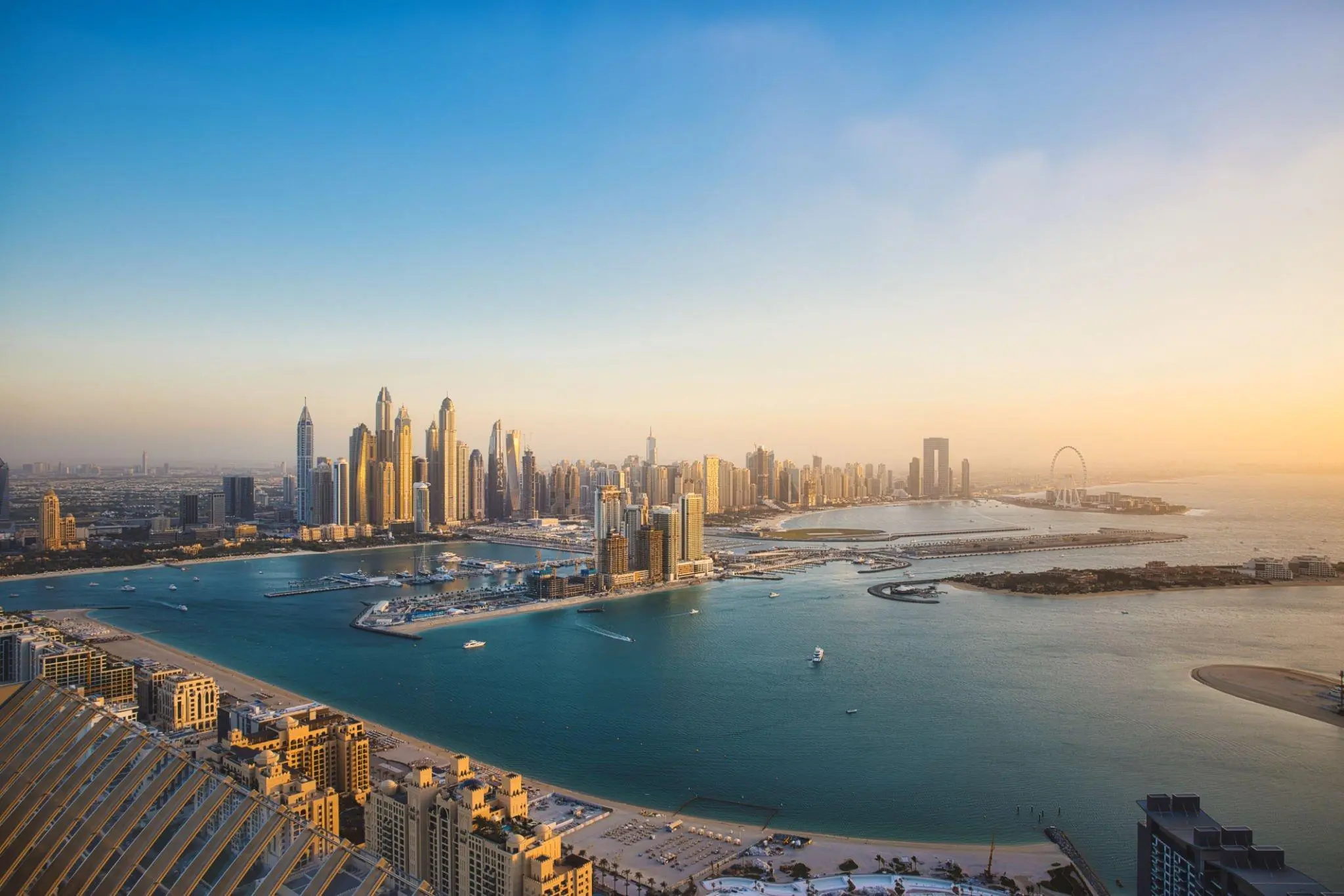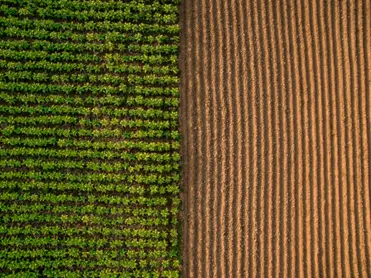Farming and food have become two of Europe’s most emotionally charged issues. The farmers protests that have been erupting across the EU this year are finally getting much sought after attention. But farmers have been expressing their discontent with EU policies for years and now, with a broader cost-of-living crisis, the discontent is spreading as European’s socio-economic anxieties rise. From favouring corporate interests to mishandling crises, European policies have presented populist and far-right forces with a new opportunity to pull in more voters —and it’s proving successful.
Messy Agricultural Policy
National governments and the European Commission (EC) have been attempting to align their policies to meet the bloc’s climate agenda goals without throwing European living standards under the bus or jeopardising food and energy security. This has proven to be a bigger challenge than perhaps anticipated.
Although the Common Agricultural Policy (CAP) is one of the EU’s oldest and most important policies it has now become one of the most inefficient. The CAP, which for decades has ensured high quality and affordable food for all has lost much of its coherence especially as some of its key objectives, increasing agricultural productivity, improving farmer income, affordable food prices and transitioning to sustainable agricultural practices, often contradict each other. European farmers are facing the impossible task of farming more sustainably while keeping their products as cheap as possible to compete with imports all while incomes fall and costs increase. The entry of cheap Ukrainian imports in particular has thrown farmers off.
In the Netherlands, the government’s nitrogen reduction policy, which aims to curb emissions, has been the biggest pain for farmers for over five years. Demonstrations and road blockades have been ongoing since 2019, the same year the populist Citizen Farmers Movement (BBB) was established, but they reignited in Feb. 2023 after negotiations failed with the Rutte government. Despite acknowledging the farmers’ plight, Prime Minister Rutte likely further alienated farmers by criticising their protest tactics and focusing on the policy’s importance for environmental protection and compliance with EU regulations.
Farmers in France have their own range of issues from low incomes and bureaucratic red tape to fierce competition and the constant pressure to adapt to shifting EU regulations. Concerns over fuel costs, animal welfare mandates, and the “Farm to Fork” strategy add to the simmering pot. While attempts to make concessions have been made and farmers held off on protesting for weeks following the government’s promise on Feb. 1 2024 to implement “Egalim”, a new law that would protect their incomes, the calm was only temporary and protests returned this week to disrupt the Paris agricultural fair. The government’s inability to take a clear stance on the status of its climate agenda and how that would be aligned with its promises to safeguard farmers rights, has further bred mistrust. French farmers have demonstrated that they will not be accepting band-aid solutions.
Meanwhile, in Germany, a similar back-and-forth on policies is fuelling discontent. The government’s plan to phase out tax breaks on diesel fuel used in agriculture starting in 2024 was later watered down following widespread protests. This became a major rallying point for the far-right Alternative for Germany (AfD) party and, again, despite concessions, resentment and concerns within the agricultural sector remain high.
Ireland, Belgium, Spain; the list of farmers protests goes on and the risk of populist exploitation increases.
Populist Bait
While decision makers slept on addressing farmers’ concerns, populist parties were fine-tuning their strategies to exploit these grievances, painting a picture of a “forgotten rural class” neglected by the EU elite. Parties such as the BBB, whose unprecedented victory marked a shift in Dutch politics and Le Pen’s National Rally in France offer simple solutions, often centred around nationalism and protectionism, promising to shield farmers from foreign competition and roll back regulations seen as burdensome. The AfD’s anti-EU stance and promises to decrease regulations and protect German farmers from foreign competition also find fertile ground among those feeling squeezed by both domestic and EU policies.
Voter sentiment and demographic breakdowns show that it is not just farmers who are fed up with European agricultural policies and leaning towards populist and far-right options. In a survey conducted in February of 2024, 55% of respondents thought that the CAP brought more inconveniences than advantages to French agriculture. Of respondents coming with agricultural and artisan professions, 56% agreed with this statement as did 45% of respondents who are executives, and 61% of higher-grade white-collar workers.
Adding to this, BBB voters in the Netherlands are not only farmers, people from rural provinces or older voters. The charts below show the age and urbanisation of BBB voters compared to non-BBB voters.
So, What Remains?
In response to this “greenlash”, Brussels policymakers appear to have quickly abandoned their green measures. While this may calm some of the rage among farmers, it might be too late to slow down the populist wave. Despite criticisms that populist remedies often lack long-term viability and ignore the complexities of globalised markets and environmental realities, they still resonate powerfully with farmers and other low-income groups who feel squeezed and unheard. Besides, if the current EU executives don’t even take their own long-term agendas and environmental goals seriously then what difference does it really make? Asking such a question would certainly be compelling to any European watching their decision makers rally for policies only to later shelve them for political gains.
The scramble for power in Brussels shows that populism isn’t just expanding at the level of nations but also among the EU executive club. With the European Commission elections coming up in June this year centre-right leader Ursula von der Leyen, dubbed by one Irish MP as “Ursula fond of Lying”, is running for a second term as EC president and has been smoothing the surfaces of rough EU policies accordingly. According to sources from within the EC arena, a range of policy proposals in files including health, climate and agriculture have been watered down, delayed or scrapped altogether. Sources reveal that the orders came from high up and aimed to avoid providing the resurgent political far-right with any more electoral ammunition.
However, by doing so, they are effectively bowing down to populism in order to stay in power, a dangerous move that risks enabling the emergence of a far-right European Union with an entirely new direction that can backfire on Europeans.
References
“What to Know About the Farmer Protests in Europe.” TIME, February 2, 2024. https://time.com/6632372/farmer-protests-europe-france-germany-brussels/
Crisp, James. “We Can Topple the PM and Form a Government, Say Leaders of Dutch Farmers Party.” The Telegraph, July 2, 2023. https://www.telegraph.co.uk/world-news/2023/07/02/we-can-topple-mark-rutte-form-government-dutch-farmers/
Lecocq, Stephanie, and Manuel Ausloos. “Angry French Farmers Storm into Agriculture Fair in Paris.” Reuters, February 25, 2024. https://www.reuters.com/world/europe/angry-french-farmers-storm-into-agriculture-fair-paris-2024-02-24/
Parker, Jessica, and Adam Robinson. “Germany’s Far Right Seek Revolution in Farmers’ Protests.” BBC News, January 15, 2024. https://www.bbc.com/news/world-europe-67976889
“Les Français et Les Élections Européennes 2024.” ELABE, February 10, 2024. https://elabe.fr/wp-content/uploads/2024/01/les-francais-et-les-elections-europeennes-2024-1.pdf
Koenen, Bart, and Joep Keuzenkamp. “The Rise of the BBB.” Kantar Public, June 2023. https://kantarpublic.com/download/documents/455/The+rise+of+the+BBB+in+the+Netherlands+explained+(part+1).pdf















Comments